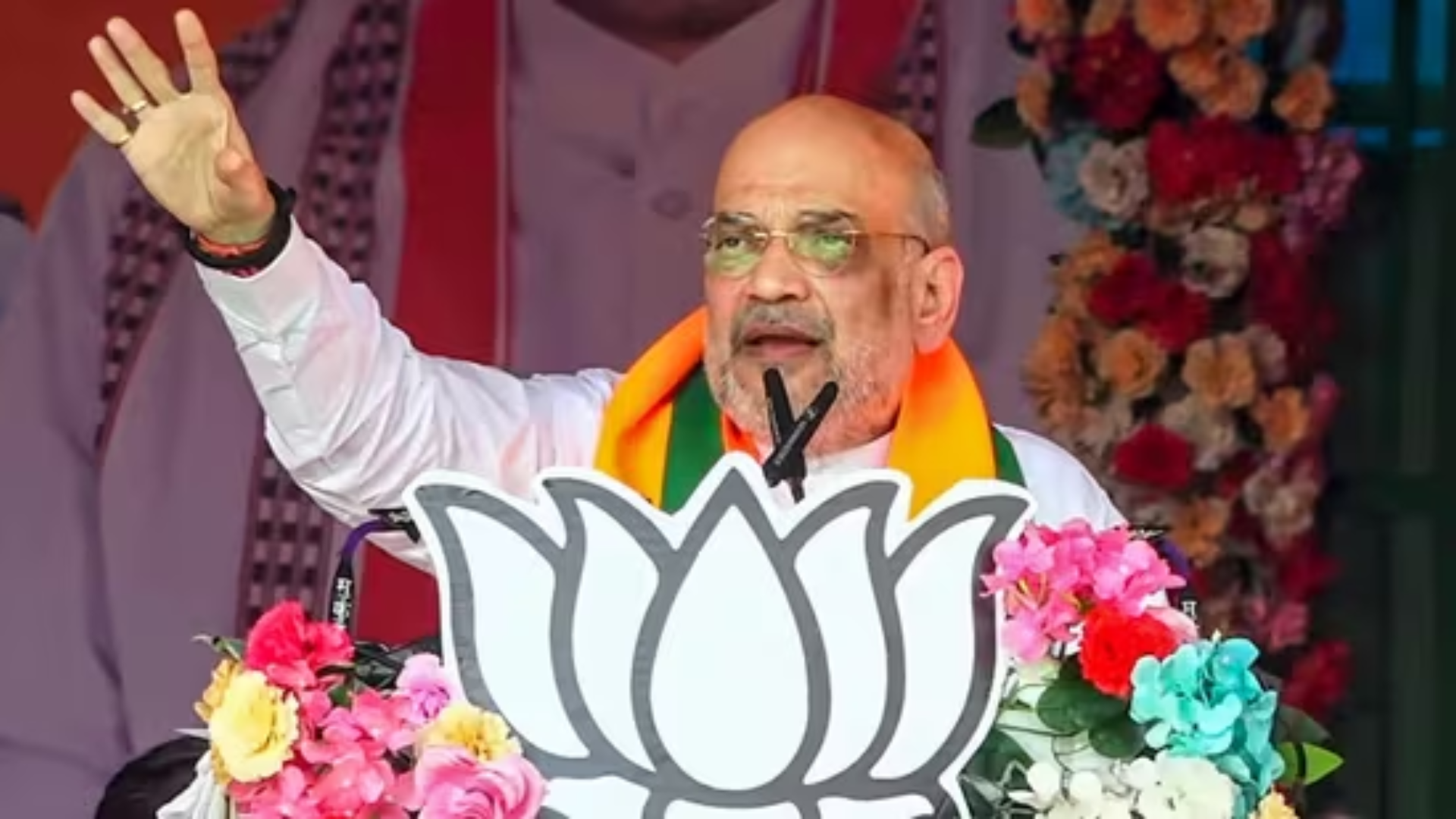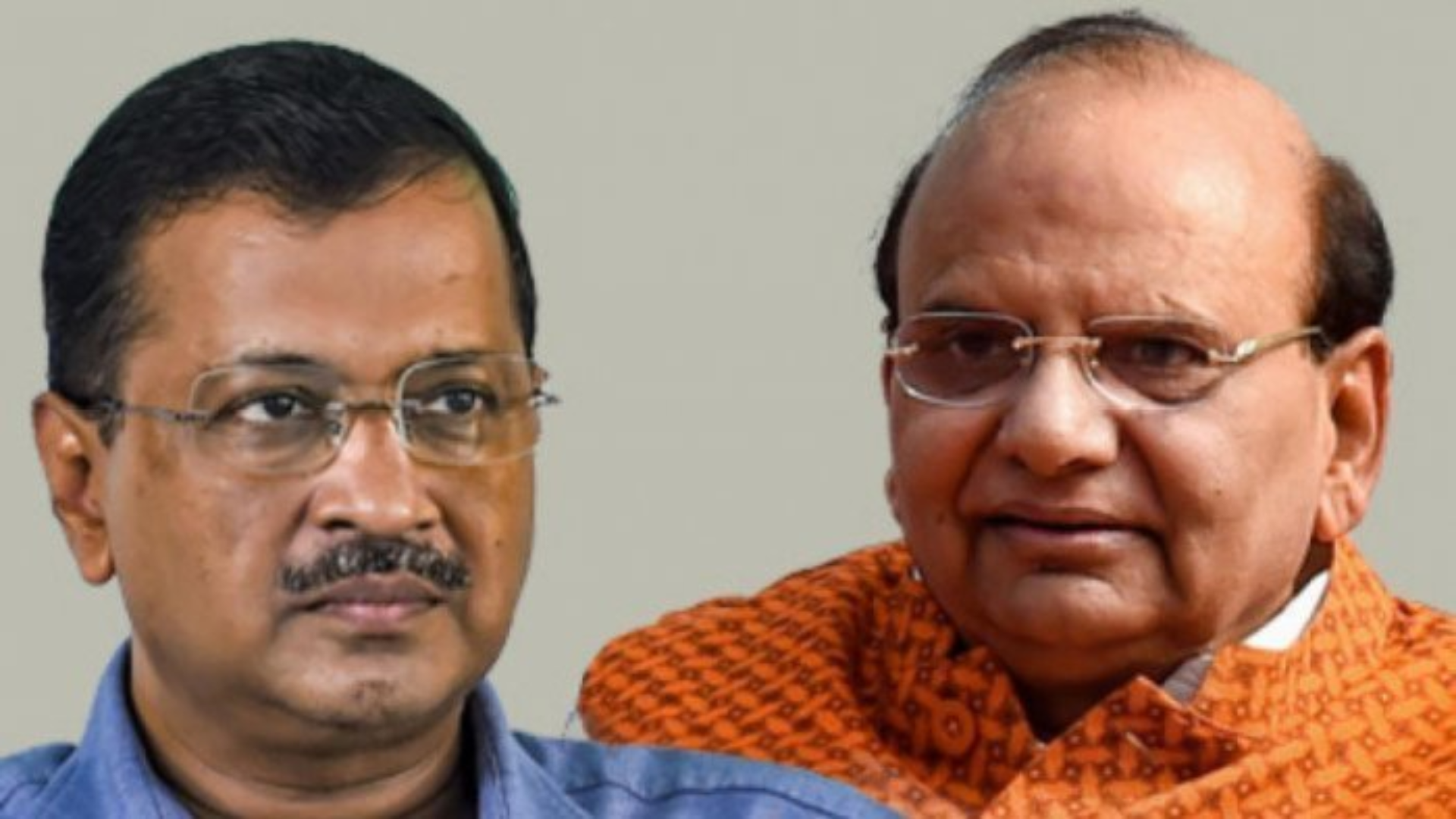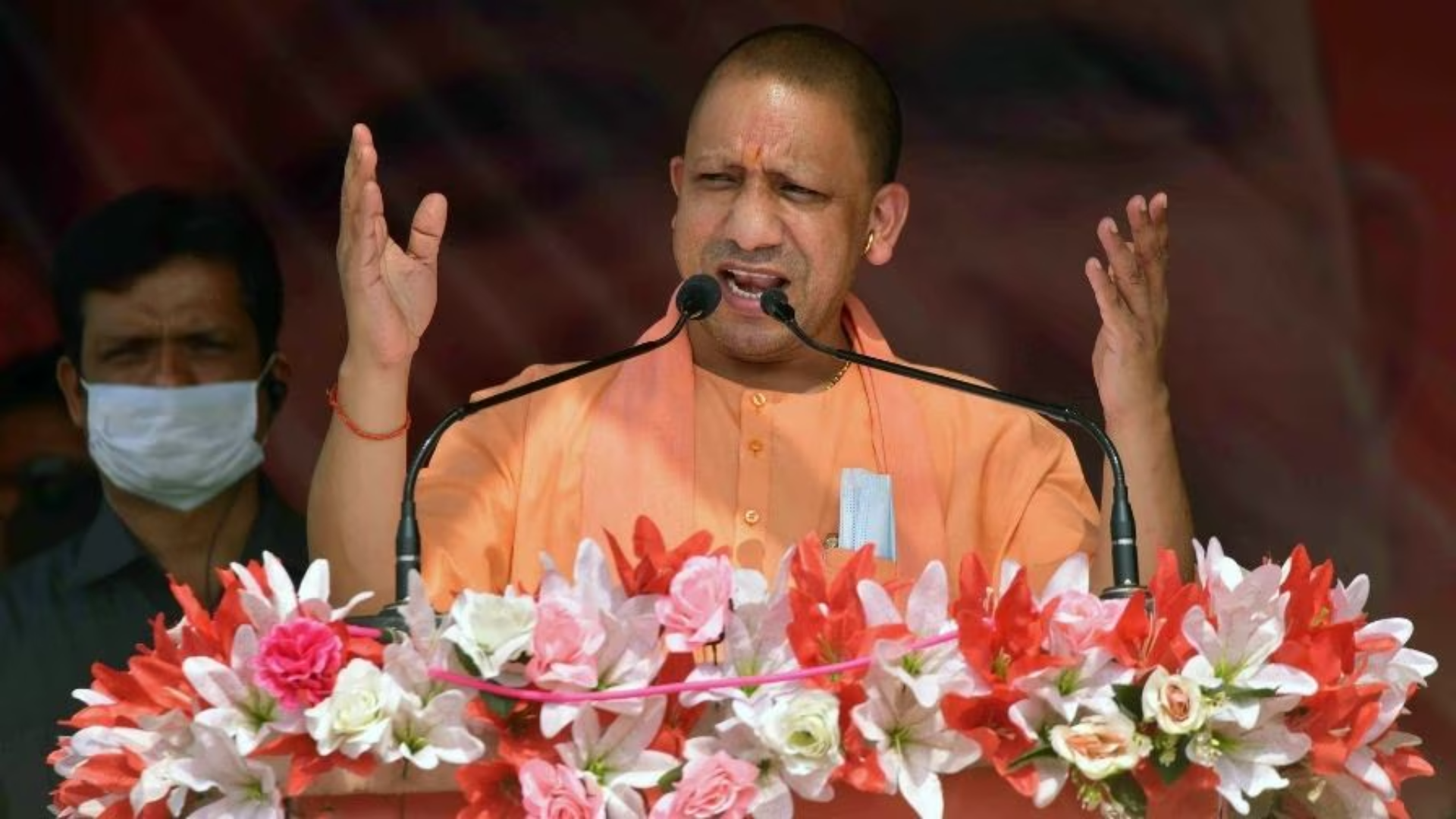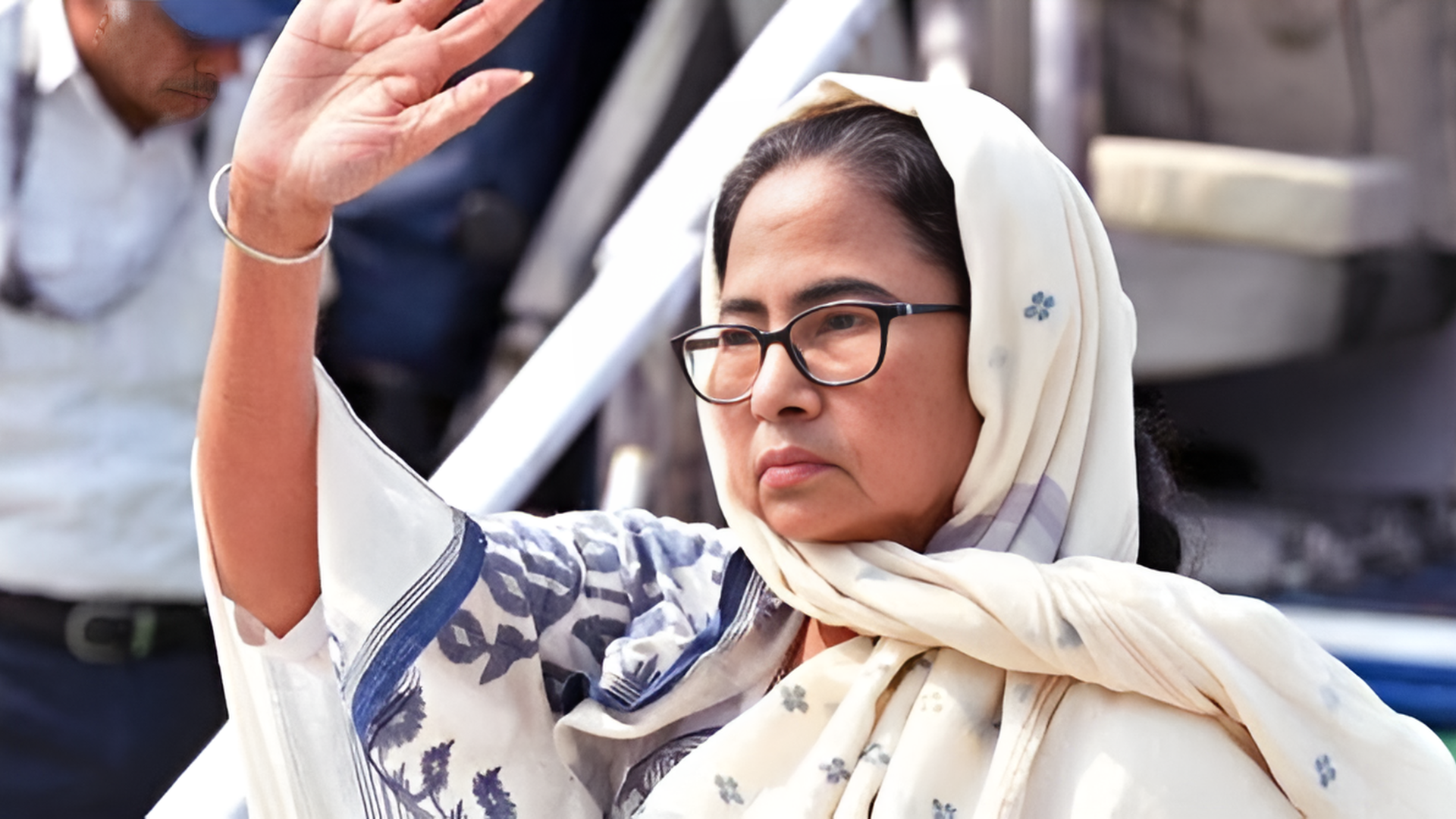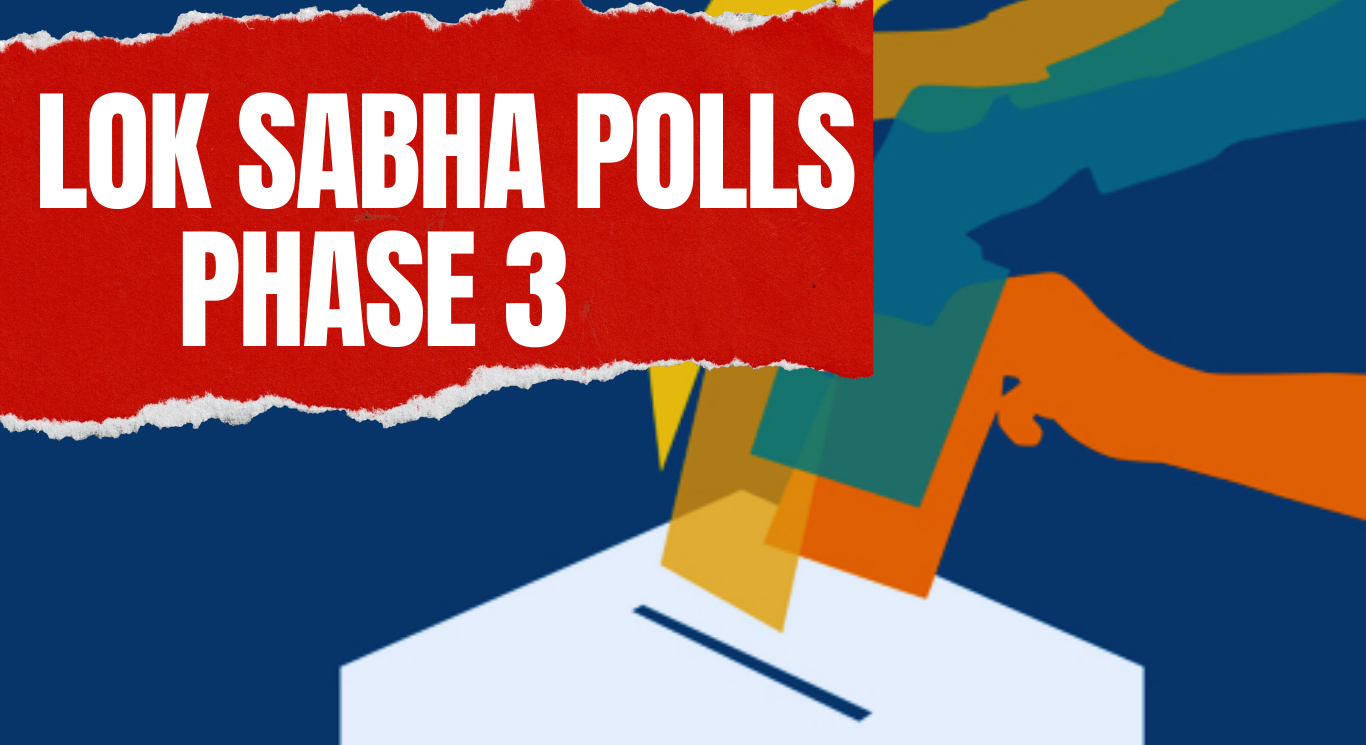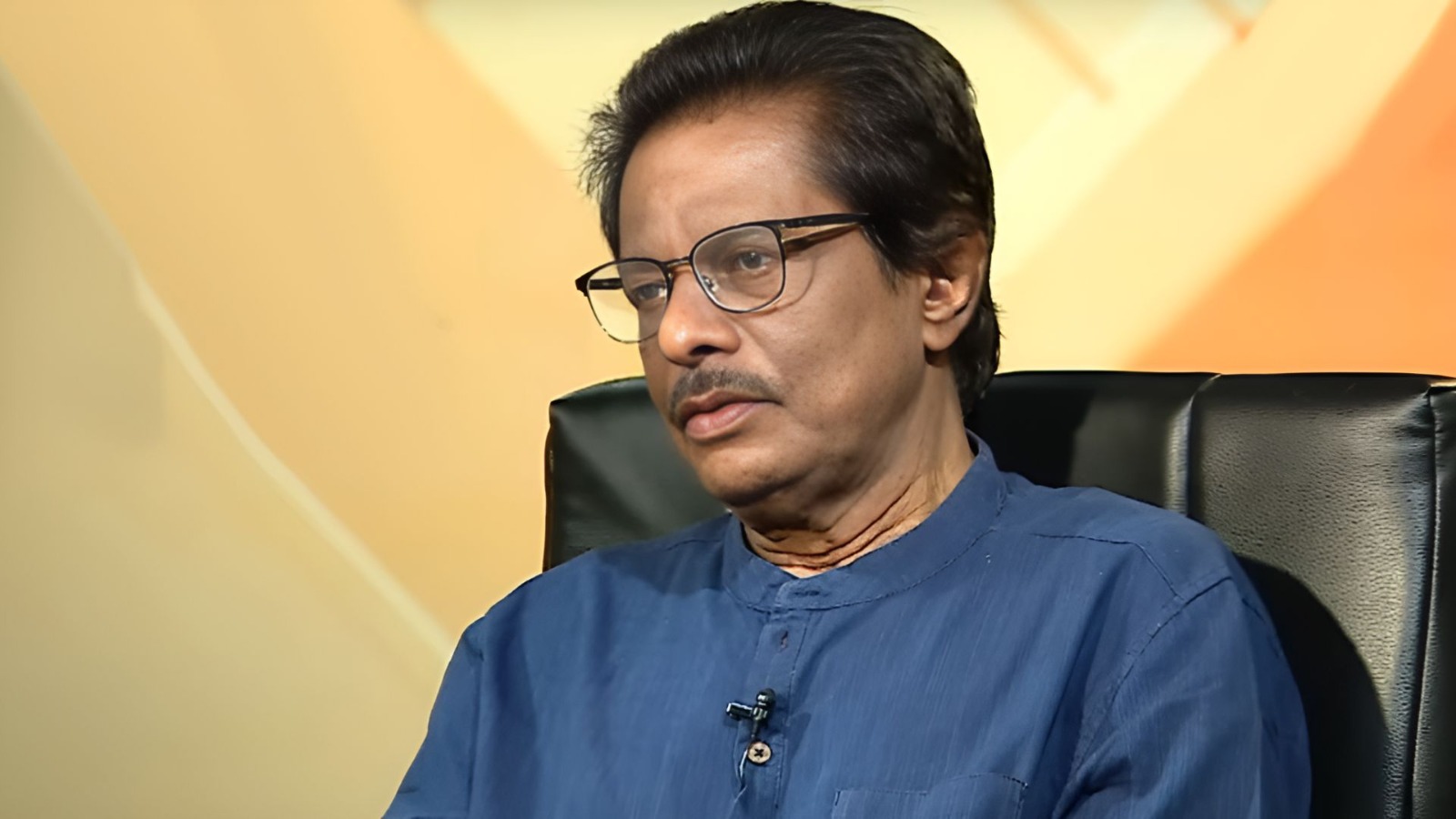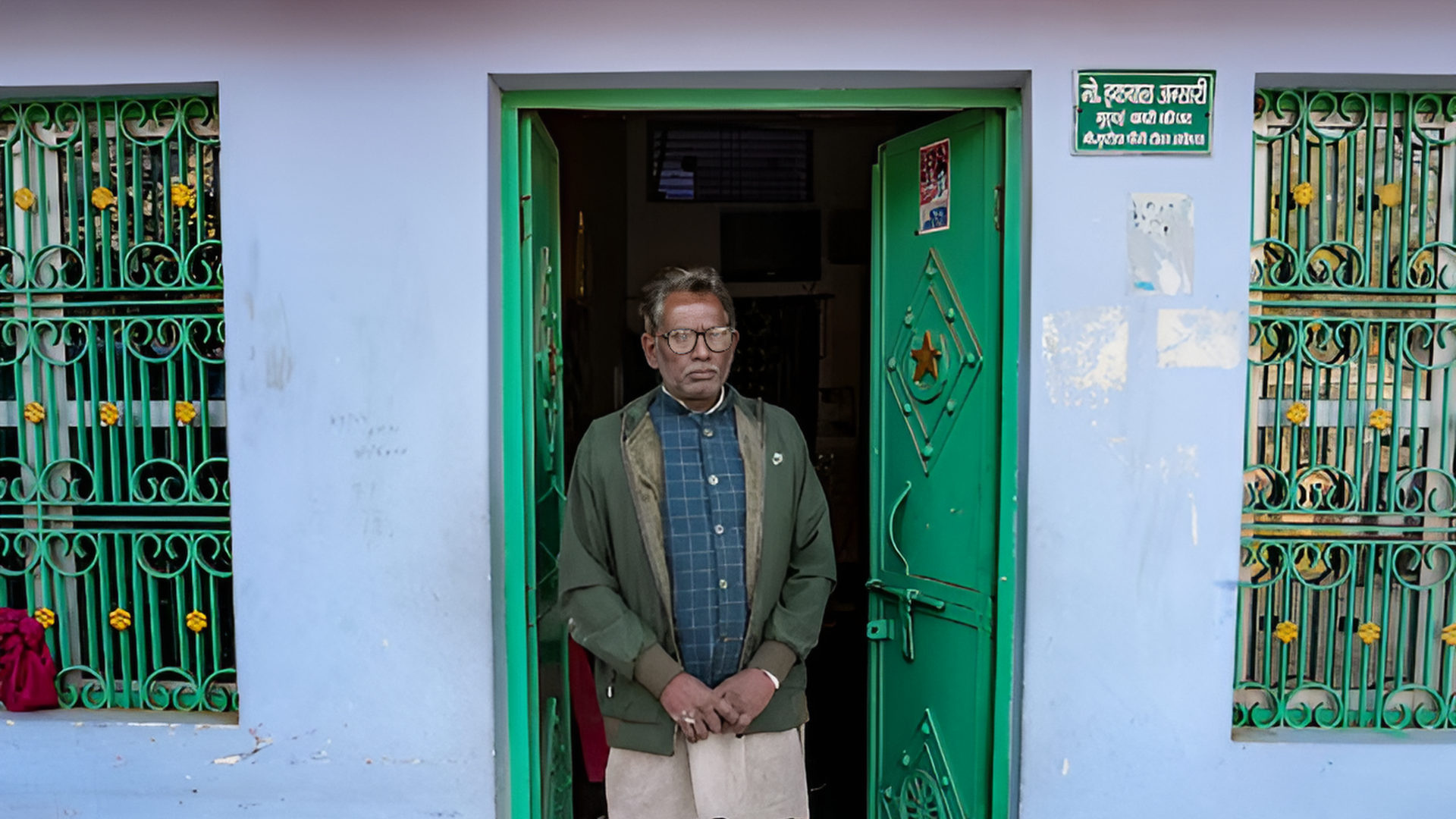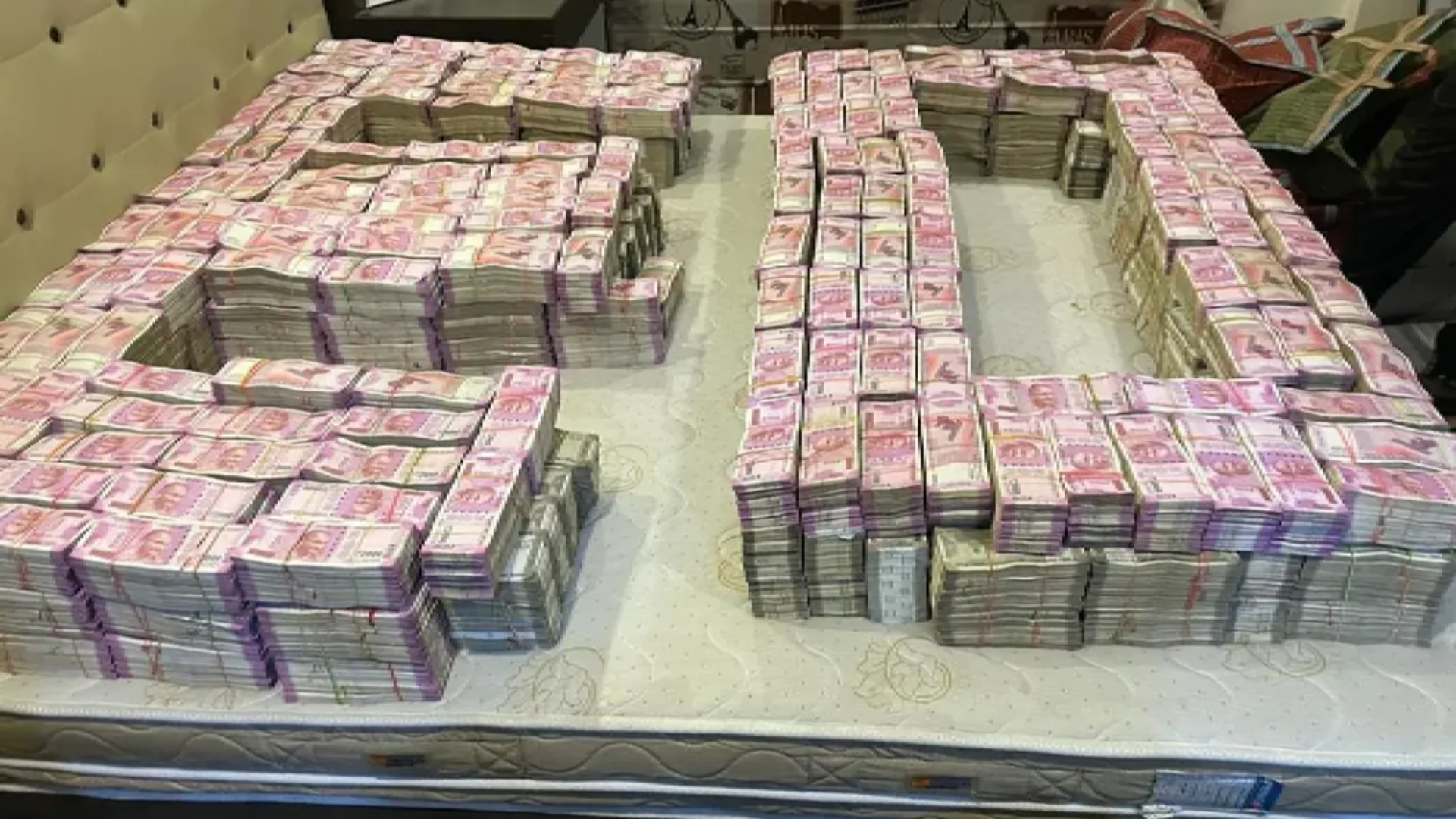


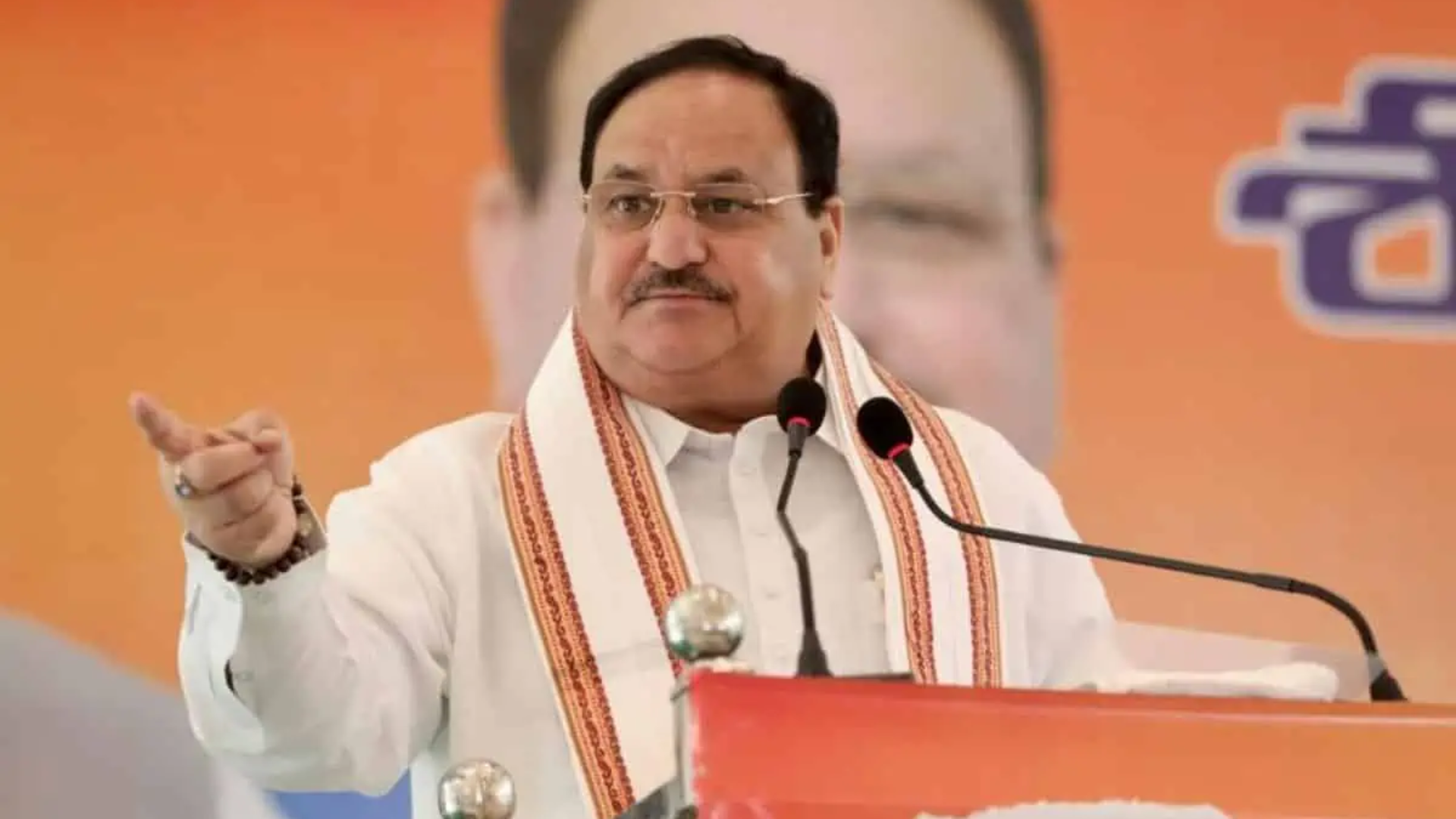
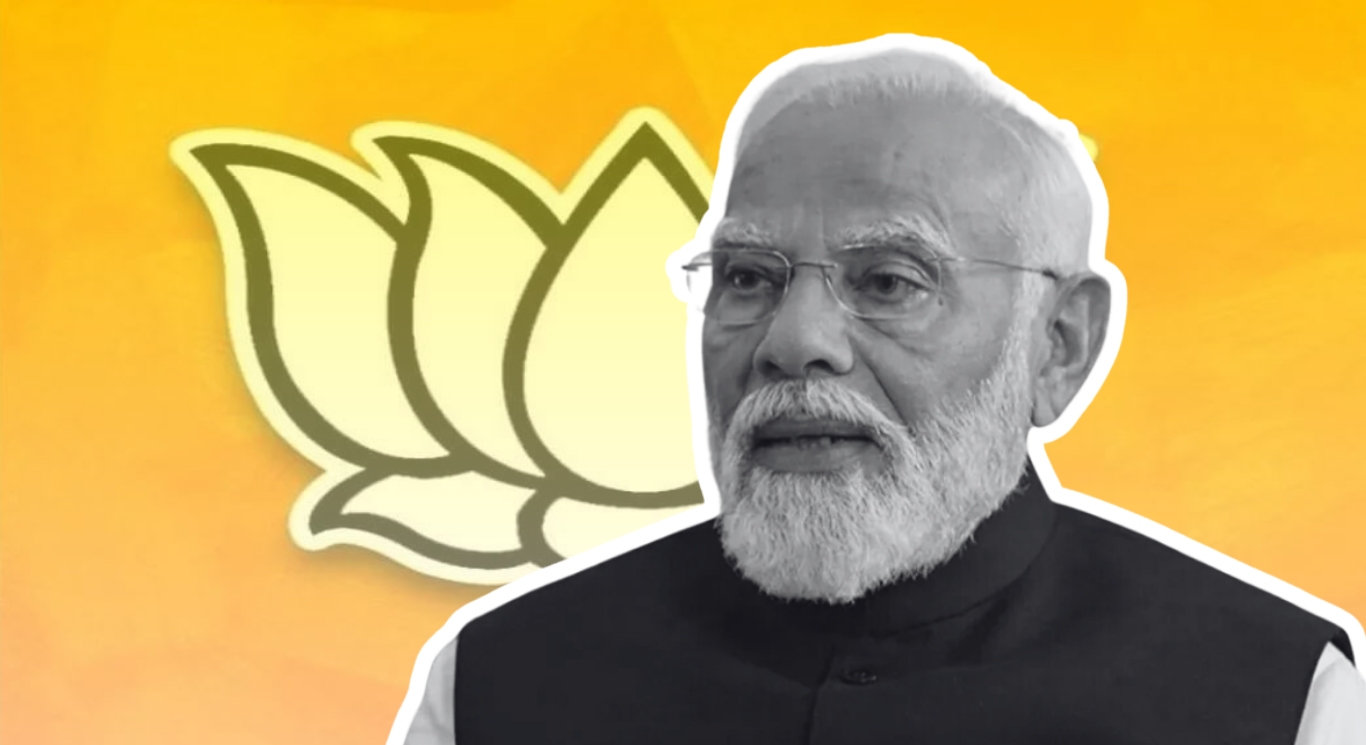
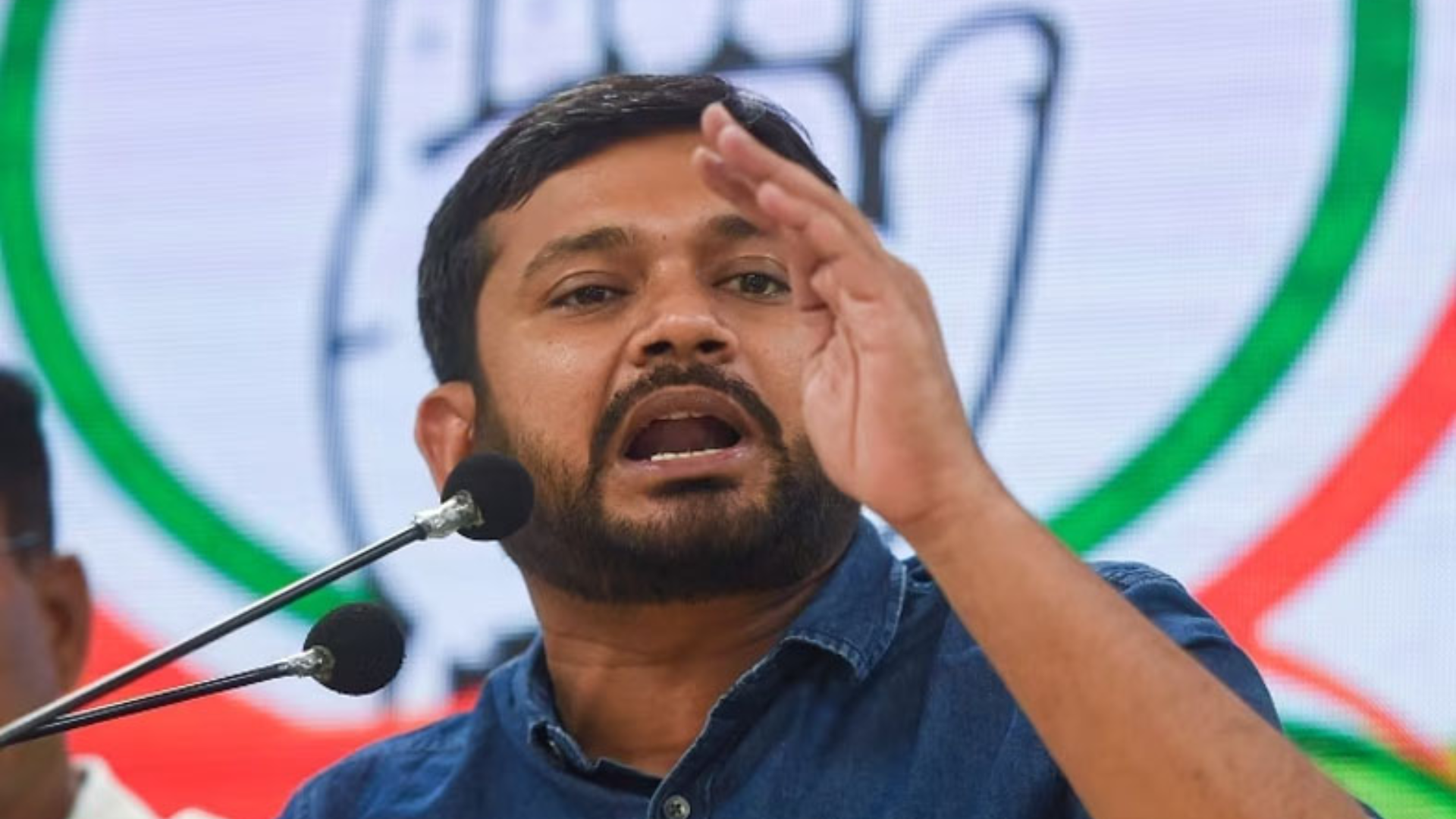
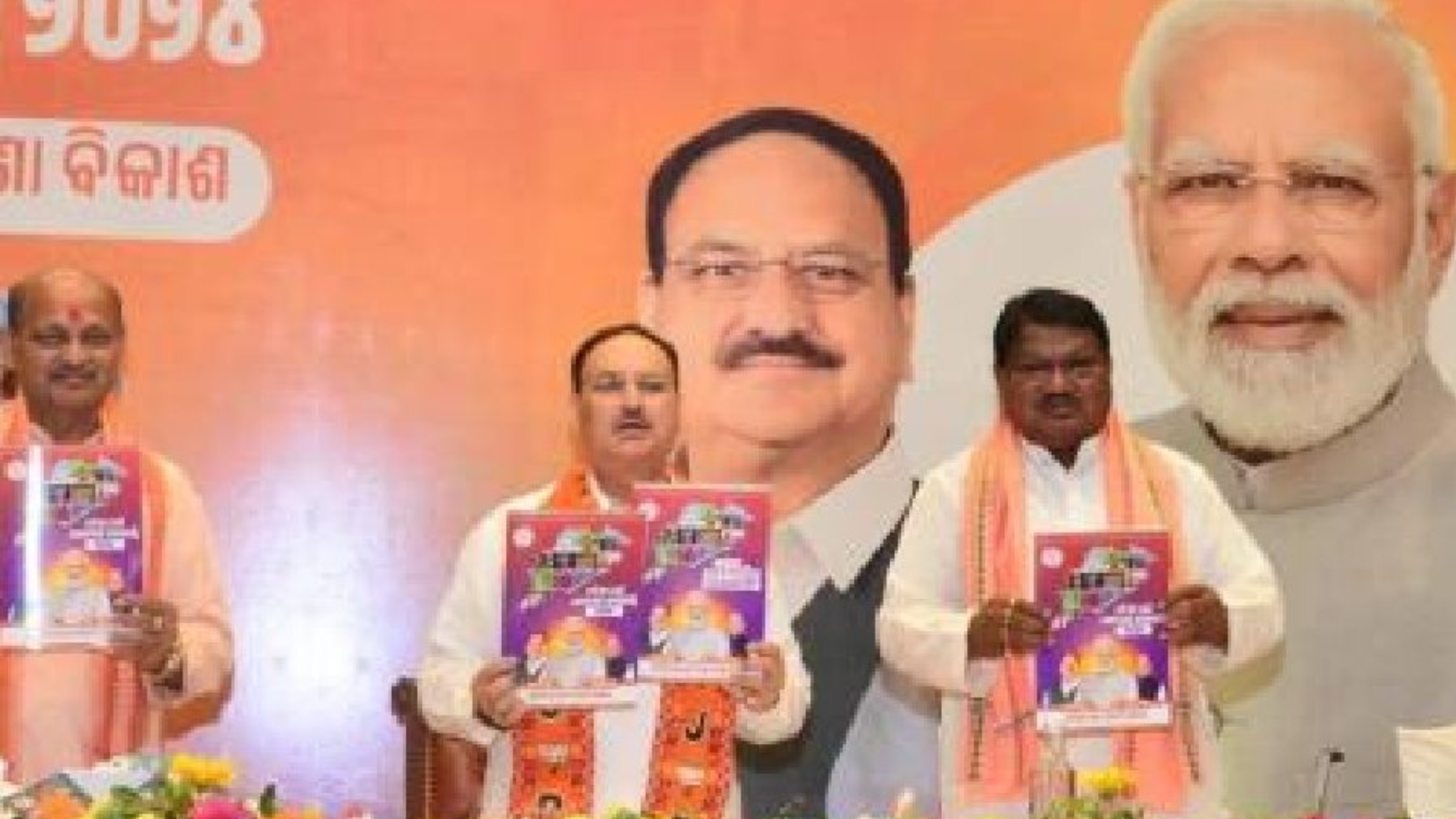
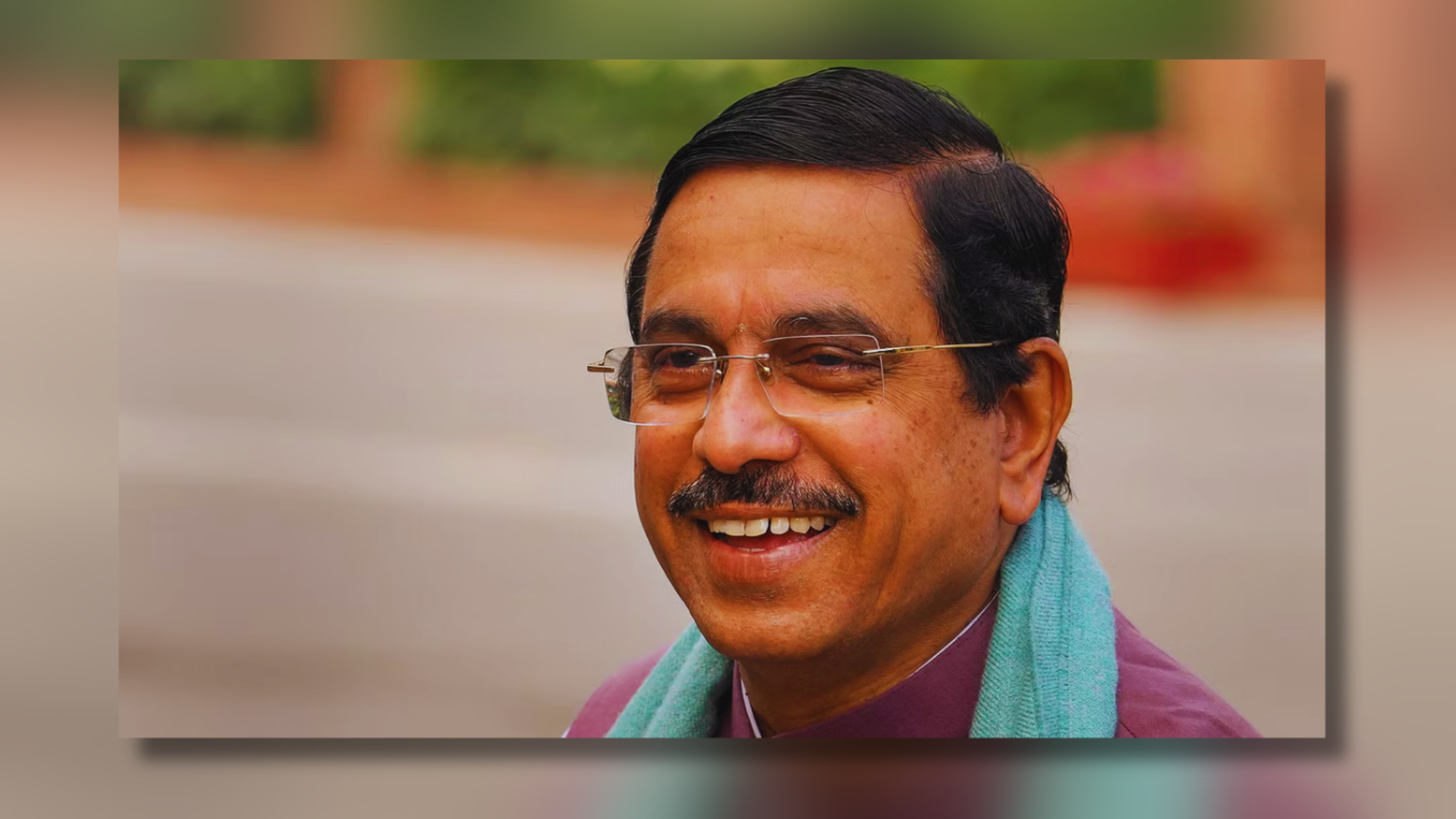
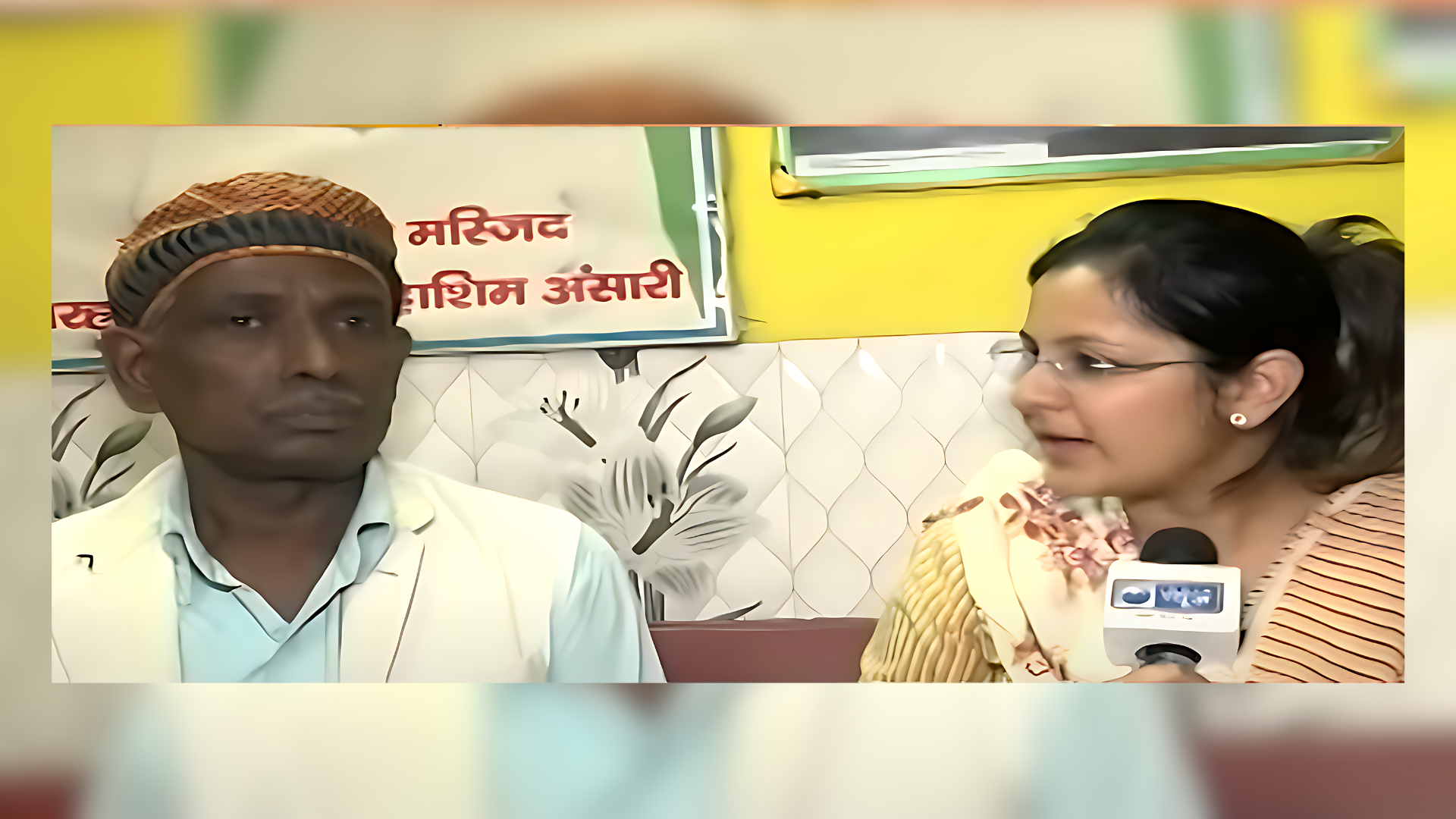
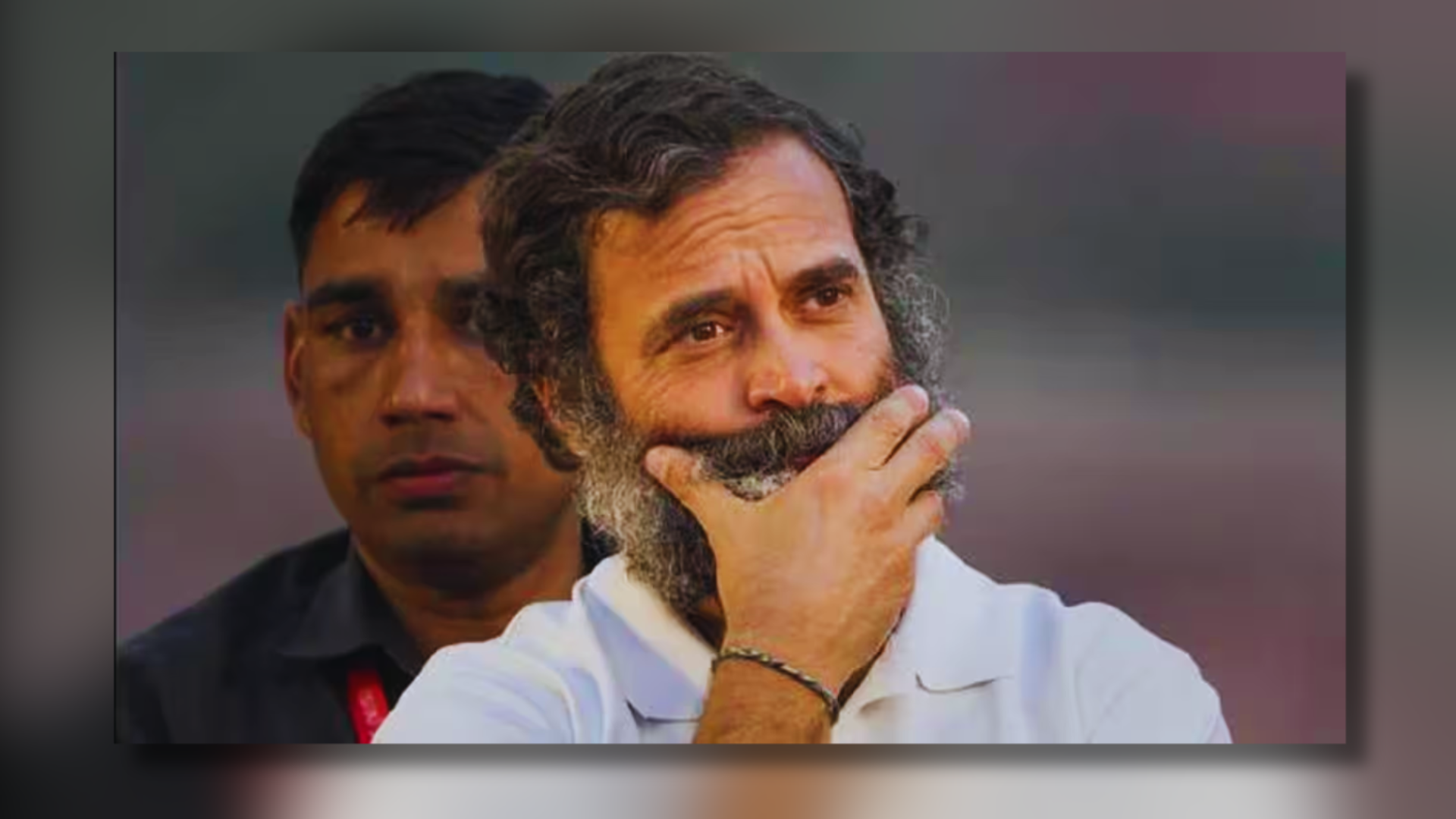
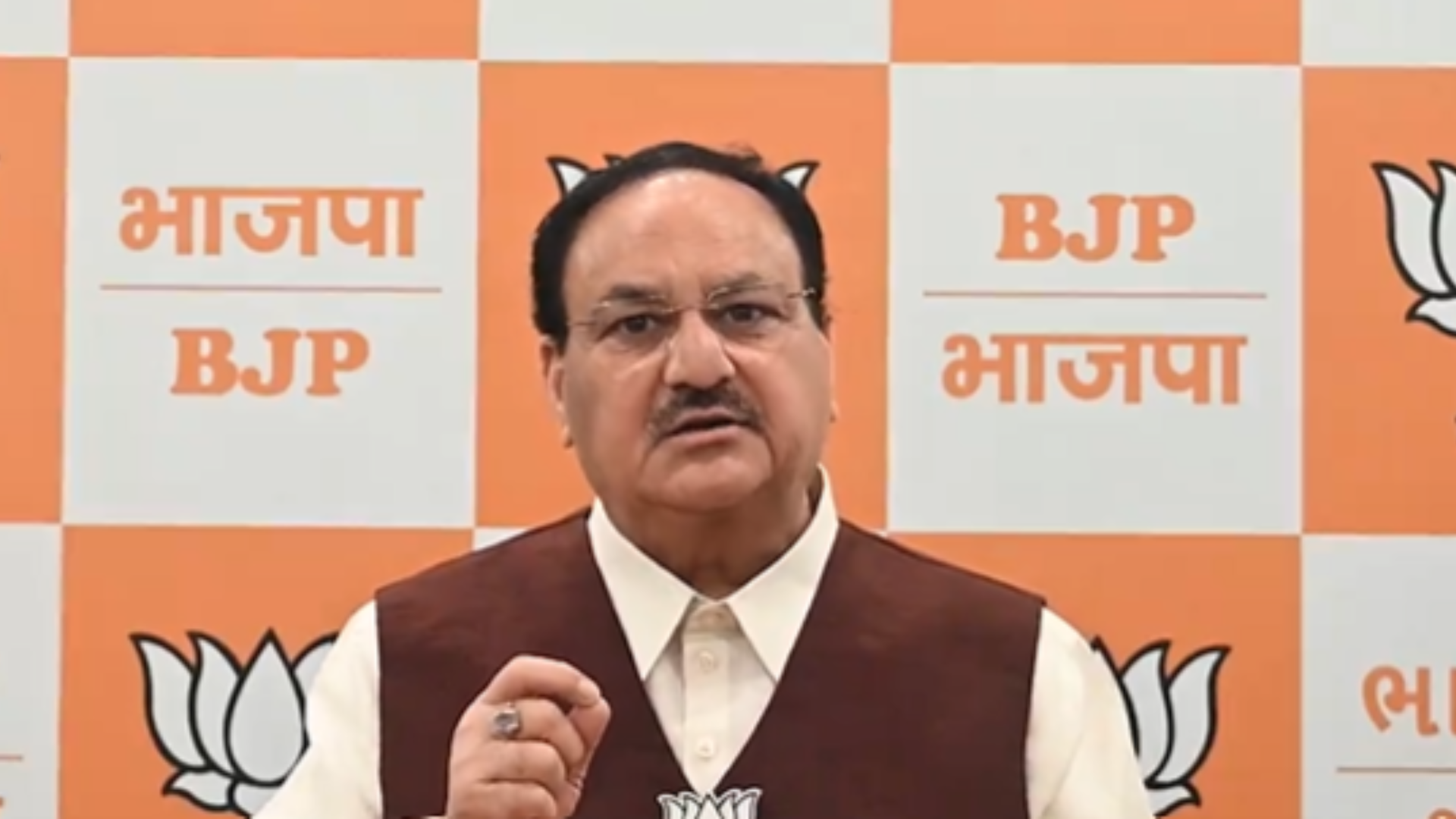
BJP President J P Nadda has intensified the party’s attack on the Congress, accusing it of attempting to usurp the rights of SCs, STs, and OBCs for the benefit of Muslims, alleging this to be the opposition’s clandestine agenda.
In a video statement released as the second phase of the Lok Sabha polls commenced, Nadda criticized the Congress for allegedly paving the way for the minority community to be designated as SCs and availing reservation benefits. He referenced former Prime Minister Manmohan Singh’s statements from 2006 and 2009, emphasizing the priority given to minorities, particularly Muslims, regarding the country’s resources.
Nadda’s remarks were made in the wake of the Election Commission of India (ECI) issuing a notice to him over Prime Minister Narendra Modi’s divisive comments, wherein Modi accused the opposition of aiming to redistribute wealth to Muslims. The ECI sought a response from Nadda following complaints filed by various parties regarding the Prime Minister’s remarks.
कांग्रेस और INDI गठबंधन का छिपा हुआ एजेंडा SC, ST और OBC का हक छीनकर मुस्लिमों को देना है।
कांग्रेस कहती है कि देश के संसाधनों पर पहला हक मुसलमानों का है, जबकि प्रधानमंत्री मोदी जी कहते हैं कि संसाधनों पर पहला हक गरीबों का है।
कांग्रेस को SC, ST और OBC से नफरत है और उनके… pic.twitter.com/oJ9rgIVgnk
— BJP (@BJP4India) April 26, 2024
READ MORE : Indian Government Urges French Authorities To Grant Extradition Of Vijay Mallya: Reports
Continuing his criticism, Nadda alleged that the Congress had manipulated data through the Sachar Committee Report to portray Muslims in a worse condition than SCs and STs. He accused the Congress of harboring animosity towards SCs, STs, and OBCs, as evidenced by its alleged attempt to grant SC reservation benefits to Muslims.
Nadda further claimed that the Congress, through legislative measures, sought to overturn court judgments to abolish reservations for deprived Hindi communities in institutions like Aligarh Muslim University and Jamia Millia Islamia.
April 2009: In the run up to Lok Sabha election, Dr Manmohan Singh, reiterated his statement that minorities, especially poor Muslims, should get priority when it comes to the nation’s resources. He categorically stated that he stood by his earlier assertion that Muslims should… pic.twitter.com/sNTYa5WSfM
— BJP (@BJP4India) April 26, 2024
The ongoing Lok Sabha elections, spanning seven phases, have become a battleground for political parties, with each side seeking to garner support by appealing to different sections of society. With voting currently underway in the second phase across 88 constituencies in various states and Union territories, the political discourse continues to heat up, highlighting the contrasting visions put forth by the major players in the electoral arena.

